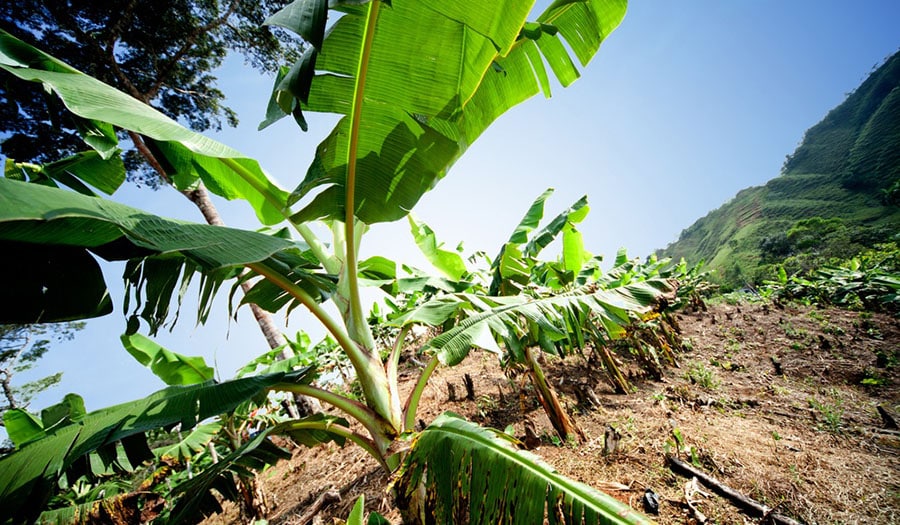
The agribusiness industry is undergoing important changes which will modify it significantly in years to come.
These changes are coming from all sectors — from emerging technologies to increased urbanization — which means that operators that want a competitive advantage must strive harder to be steps ahead. As agribusiness continues its evolution from serving local to regional to global communities, companies must adopt to the following trends:
1. More mouths to feed. As the global population is set to grow 18 percent by 2050, global food consumption will follow but by a greater rate: 35 percent. According to PricewaterhouseCoopers (PwC), agricultural production will need to increase by 70 percent to feed every mouth on the planet. This creates big opportunities for agribusiness operators intending to grow their business globally over the next few decades.2. More countries to feed. Not only will be there be more mouths to feed, but agribusiness operators now have more opportunities past their borders. PwC estimates that the world economy will triple by 2050. However, today’s major economies in North America, Western Europe, and Japan will slow as countries like China — projected to overtake the U.S. by 2028 — will play larger roles. For example, India is positioned to become the second largest economy by 2050. Other projected fast-growing economies are Mexico, Indonesia, Turkey, Nigeria, Vietnam, Colombia, Poland, and Malaysia.
3. Increased tech development. Advanced technologies are changing how agribusiness operates, which means production will look much different years from now compared to today. The rise and scope of technologies like precision farming, genetic modification, food processing, and automation will drive competition to improve yields, which will make them more affordable consumers, not to mention fresh.
4. Increased safety oversight. The emergence of consumer activism has led to great strides in food labeling, sustainability practices, and otherwise responsible food production. As new markets open up around the world, agribusiness operators will face heightened expectations for food safety. Companies will need to strengthen the quality of their supply chain and make sure their end products meet international standards. Increased regulation intended to protect both consumers and the environment may lead to mergers in an effort to cut costs and fight competition.
5. Increased urbanization. According to Forbes, for the first time in history we are living in a time when more than 50 percent of the world’s population lives in cities. In fact, the 3.7 billion people who currently live in cities will double by 2050. Almost all of the looming urbanization will take place in the developing world. For the agribusiness industry, that means the inevitable increase in city farming plus improvements in food distribution models, especially in parts of the world that have not yet experienced agricultural production within city centers.
What do you see impacting the future of the agribusiness industry? Give us your insights in the comments below.
Visit argosoftware.com or call us at (888) 253-5353 to set up a demo or learn more about our suite of products for agribusiness companies.




